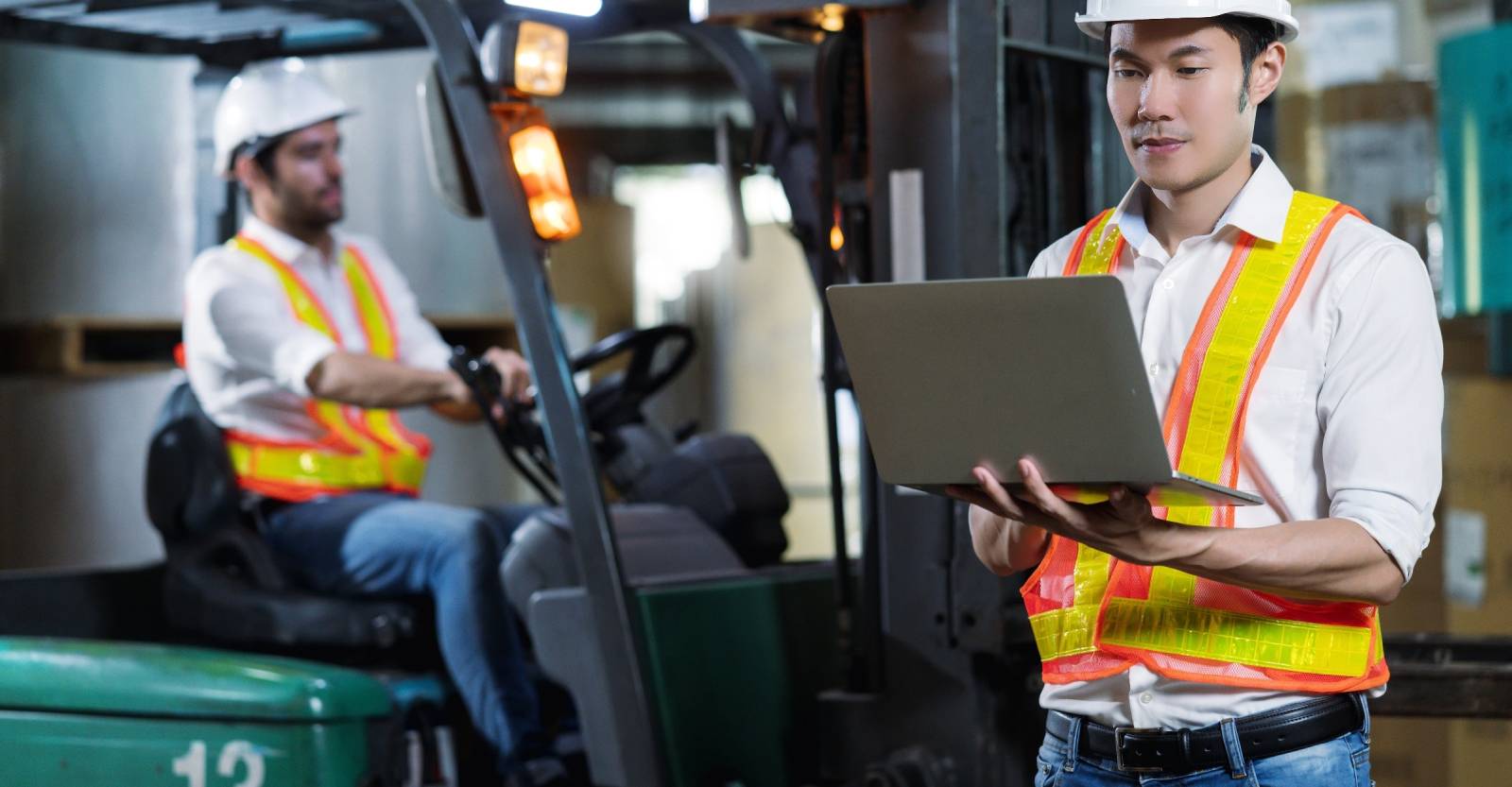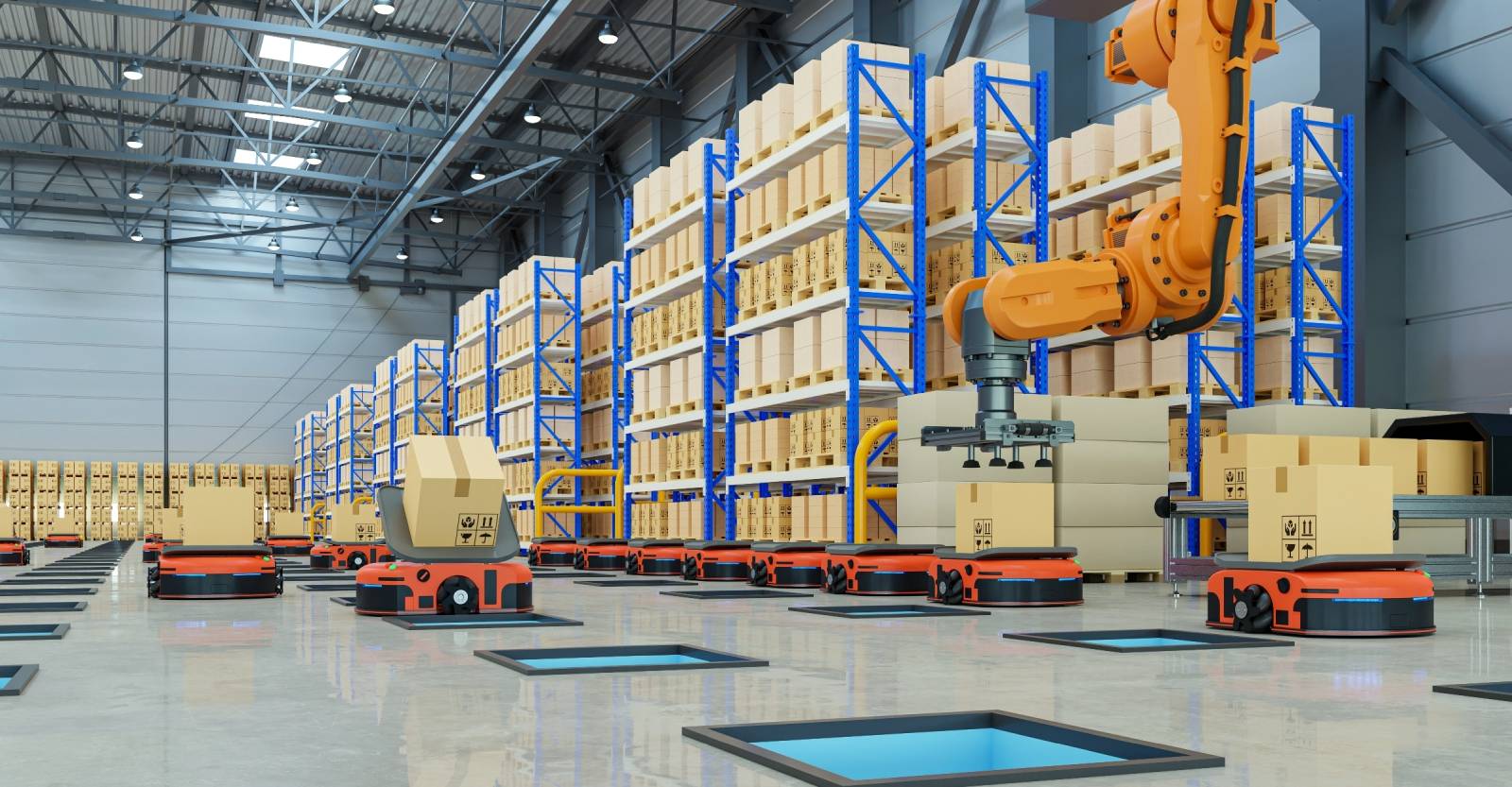BLOGS > DEVELOPMENT
How Softwares Have Evolved The Logistics Industry?
Published on 28th November, 2022 5 min read

Logistics is a term often used in our daily lives to describe managing various situations in easy and effective ways. In the business world, logistics refers to the flow of products and services between the starting point (creating and manufacturing) to the final destination- the end consumer or business corporation using the finished product. It is an industry in itself that has been functional for a long time- right from when ancient armies moved their weapons and supplies on march routes to deliver to their soldiers to the 1900s when most record-keeping of trade logistics was done manually to now when technology and software is evolving and changing the logistics industry. This change is necessary as the world of business moves more towards technological automation and is less inclined towards manual intervention.
With digitization becoming fast spread within India and worldwide, most business industries have now accepted and welcomed software to renovate and change their functioning styles. With E-commerce on the rise, digitalization of logistics becomes all the more important.

Digitization does not only mean going paperless for official work. It involves using modern software like transportation software and logistics management software to get the work done more efficiently. Here are some of the modern software that have positively impacted the logistics industry-
The System of Tracking Shipments
With modern technology, shipments can now be tracked and monitored. Tracked shipments issue notifications and messages to the company and consumer and also provide customized accounts and reports related to the assigned consignments. All of this helps to enhance the user’s experience.
Internet of Things Network
The Internet of Things i.e IoT is a network system that embeds objects with the software of microchips. This permits the objects to interact with the wider network of devices. IoT devices collect data, make the process of logistics smoother, and reduce workloads on employees in the logistics business.
RFID
Radio Frequency Identification i.e RFID is a technological system that makes use of radio waves and detects data that is fed in RFID tags and smart labels on a given product. These waves and tags are helpful in searching, tracking, and identifying items and also communicating with the involved parties. A typical RFID system usually has an RFID tag, reader, and an antenna. The data received from the tags is provided to operating systems via a communication interface to be stored and analyzed later.

Self Driven Vehicles and Drones
The rapid development of technology has made it possible to have automated cars deliver products and also do delivery via drones. It has made life easier for the logistics industry.
Better Accuracy due to GPS System
The transportation of products has become a smooth and fast process due to the increased accuracy of the GPS system all around the world which helps drivers locate delivery locations with more efficiency and precision, thus improving the supply chain by suggesting the best trade routes with the least traffic.
The Internet and Social Media
Because the internet has become increasingly powerful, it has also contributed to the improvement of the logistics industry. Social media websites enable companies to communicate directly with their consumers and exchange necessary information along with gaining important customer feedback.
The System Of Blockchains
Blockchains, defined as a system of storing information that is so secure that it is nearly impossible to hack, has a lot of advantages for the logistics business as it helps companies to increase their work productivity by regulating the process, automating it, and helping trace inventories through transparency. All the data is secure while it is being shared from the manufacturer to the end user.
Artificial Intelligence and Robotics
AI robots are custom-built to perform tasks that humans are capable of doing in an automated manner. A robot often looks, acts and functions just like a human being. These machines help meet the highly increasing demands of the logistics industry that cannot be met merely by humans and also perform tasks at a higher productivity rate.
We hope this article helped you realize the importance of custom software in the logistics industry and encourage you to adopt the same for your business, something which we at SundayTech would be glad to help you with!






